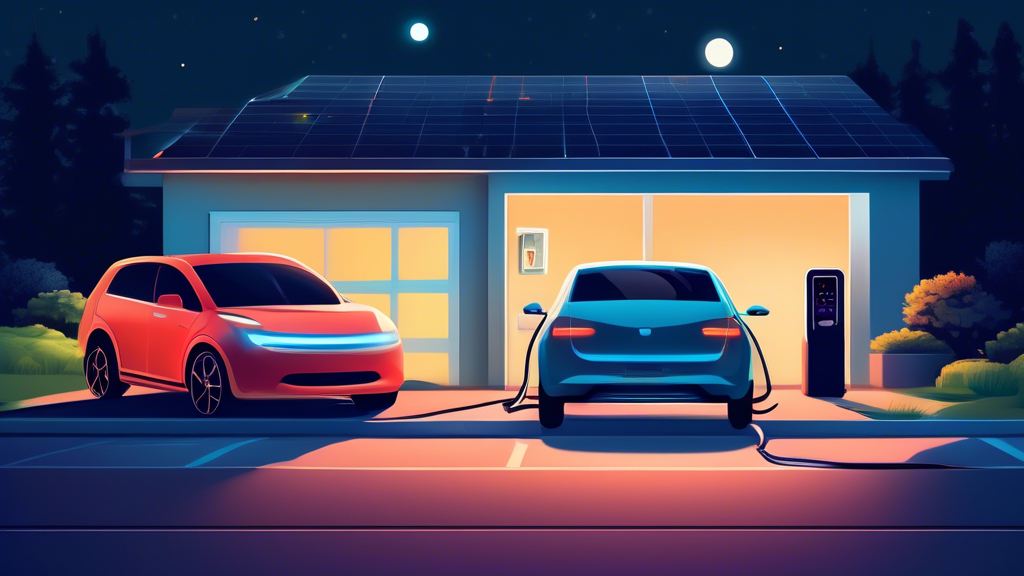
To Charge or Not to Charge: The Nightly Dilemma of Electric Car Owners
It’s late at night, and there you are, staring out your window at your shiny electric vehicle (EV). A question nags at you, almost as much as that time you wondered if you left the oven on: Should I charge my electric car? It may seem like a straightforward ‘yes’ or ‘no,’ but like choosing between watching another episode at 2 AM or getting some sleep, it’s a bit more nuanced.
The Case for Nightly Charging
First off, let’s look at the perks of plugging in daily. Convenience is the big one. Waking up to a fully charged vehicle is like finding coffee already brewed. It’s a stress-free start to your day, knowing you’re always ready to roll with no battery anxiety in sight. Most EV batteries are pretty hearty and won’t mind if you keep them topped off. Also, charging overnight can be cheaper. Many electric utilities offer lower rates during off-peak hours, which usually include the witching hours when even sitcom reruns aren’t playing.
But Wait, What About Overcharging?
Ah, the specter of overcharging—haunting, isn’t it? But lucky for us, modern electric cars are smarter than your average blender. They come equipped with sophisticated battery management systems (BMS) that say, No more, thanks! When they’re full. This means the car will stop charging once it hits 100%, so you don’t have to worry about overcooking your battery if you leave it plugged in. This feature ensures the safety of nightly charging, preventing any potential damage to your battery.
Is There a Downside to Daily Charging?
Although charging your EV every night is about as risky as a kitten in a yarn factory (that is, not very), it’s not always necessary. Constantly maintaining a 100% charge isn’t ideal for lithium-ion batteries. Operating at a high charge can strain your battery, potentially impacting its lifespan—think of how your smartphone starts losing its mojo after a couple of years.
And if you’re not driving much? Say you’re just zipping locally and barely denting your battery’s capacity. In these cases, nightly charging could be overkill. It’s like preparing a five-course meal when you’re only a little peckish.
So, What Should You Do? Should I Charge My Electric Car Every Night?
The balanced approach is the sweet spot. Many manufacturers recommend keeping your battery between 20% and 80% for daily use to maximize lifespan. Consider adjusting your charging habits based on your daily mileage. A good rule of thumb? Plug in when you dip below 50% battery life. This way, you can keep your battery in its happy orange zone.
Flexible charging strategies can be helpful, too. For instance, if you know you’ll be logging many miles the next day, charge overnight to 100%. But if tomorrow is just another day with a regular commute, maybe let your car take a breather. Some EVs even allow you to set a maximum charge level so you can sleep peacefully, knowing you aren’t pushing the battery to its brim.
Embracing New Habits
Transitioning to an electric car involves rethinking our relationship with automobiles, including how and when we ‘feed’ them. Just like we’ve learned to manage smartphone charging habits—overnight for some, a quick top-up for others—the same variety can apply to our vehicles. With a bit of mindfulness, you can maximize both convenience and battery health.
So, should you charge your electric car every night? It depends on your usage and your car’s specific needs. Like deciding on that late-night snack, it’s all about understanding your cravings—or, in this case, your driving patterns and battery requirements! This knowledge empowers you to make informed decisions about your charging habits, optimizing convenience and battery health.
